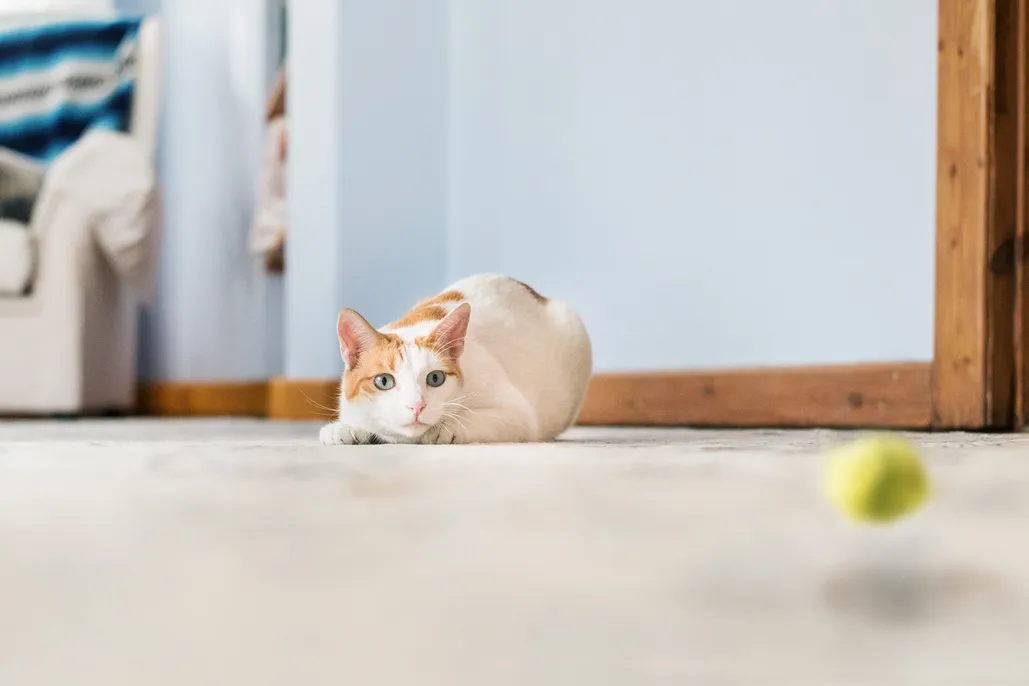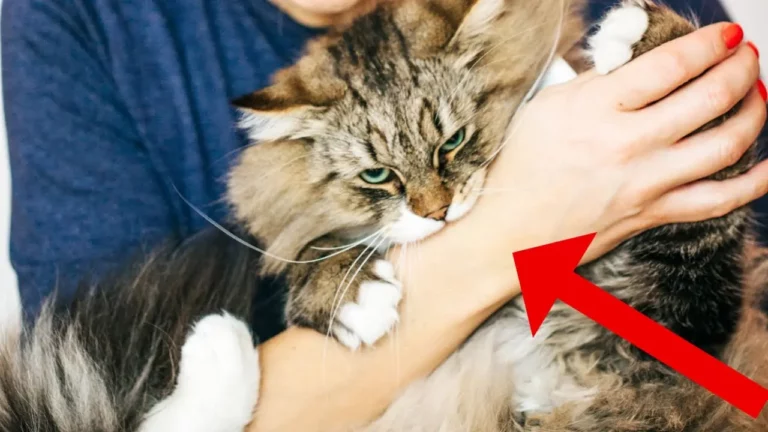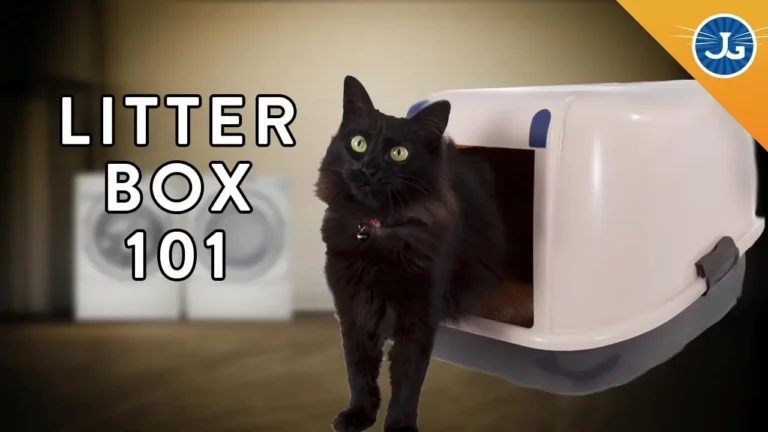The Surprising Reasons Cats Enjoy Playing Fetch, According to Experts
A new study from the University of Sussex looks at a surprisingly unexpected animal behavior — cats who love to play fetch.
A Fun, Fluffy Game of Fetch
When you think of fetch, you probably imagine a dog chasing a ball in a park.
But fetch isn’t just for dogs.
While cats are known for their hunting skills, some of them also love to play fetch with their owners. This behavior hasn’t been closely studied in cats — until now.
Researchers at the University of Sussex decided to explore why some cats enjoy playing fetch.
They designed a survey to gather information from families with fetch-loving cats.
Their goal was to find patterns and motivations behind this surprising behavior.
The team published their findings in the journal Scientific Reports, based on responses from 924
This study marks the beginning of a deeper investigation into why some cats take to this typically canine pastime.
Fetching Data
First author Jemma Forman, an animal psychology doctoral researcher at the University of Sussex, explains that
Fetch, however, “adds the behavioral element of retrieval back to their owners,†she says. “It’s interesting to see how solitary playing/hunting behaviors are being adapted for inter-specific play with owners.â€
The survey asked
Interestingly, over 94 percent of the
Researchers found that certain breeds were more inclined to fetch.
Among the purebred cats in the study, Siamese, Bengal, and Ragdoll cats were the top fetchers.
Fetch sessions often weren’t just a one-time thing; 59 percent of fetching cats played up to ten times a month.
While cats love playing with non-toy items like toilet paper rolls and bottle caps, toys were the most popular fetch items.
Over 38 percent of cats fetched toys rather than household items like twist ties or clothing.
Cats are notoriously picky, and many owners reported that their pets had specific preferences for fetch.
Some cats only fetched certain types of toys or played fetch in particular locations or with certain people.
While the researchers didn’t track the duration of fetch sessions, they did ask about the number of retrievals per session.
Most owners reported between 1 and 5 retrievals per session, with some reporting up to 10.
This suggests that games of kitty fetch are usually short, but cats often play with the toy independently before bringing it back.
Your Fetch-Loving Feline
What does this mean for your fetch-loving
Forman says this behavior seems to be “intrinsically motivated,†meaning cats start it themselves without needing to be taught.
Most cats in the study began fetching as kittens, so it might take more effort to teach an adult
Cats are good at making their desires known, so pet parents should pay attention to signs that their
It’s also important to use lightweight toys that are large enough to avoid swallowing risks, so your
Forman and her team are now planning a follow-up study and are looking for more fetch-playing cats to participate.
If you have a new kitten, watch for the signs — you might have a fetch-loving feline on your hands.






